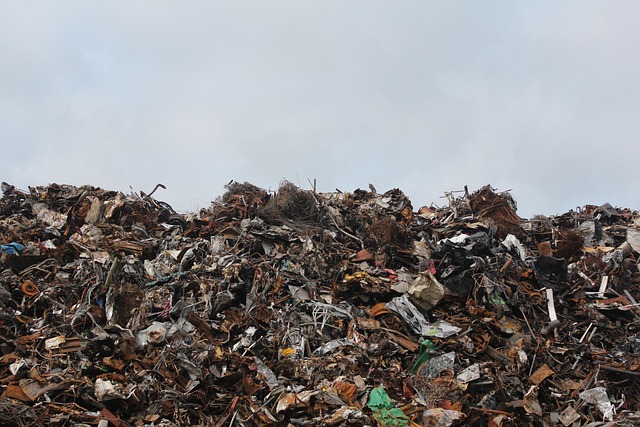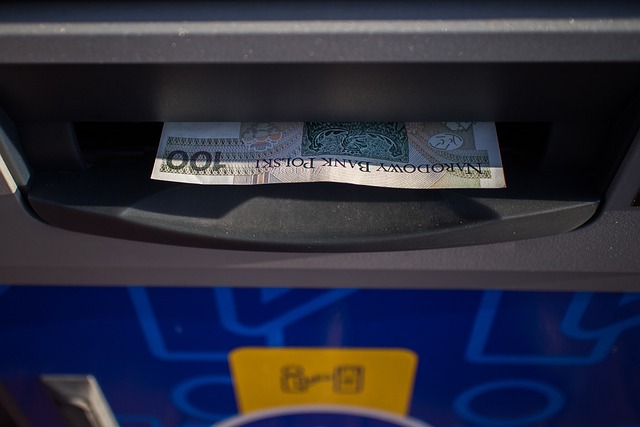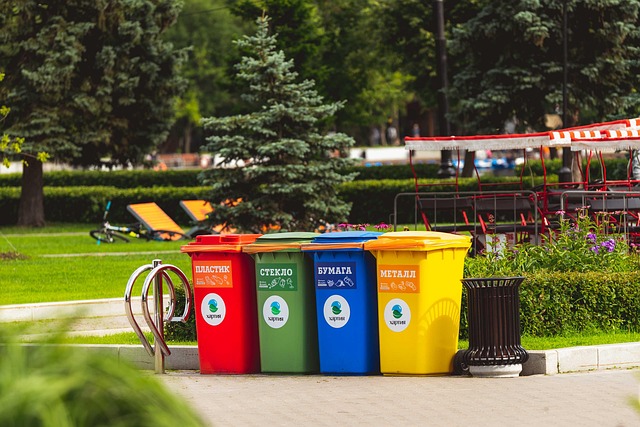Boston and New York City lead the way in e-waste recycling with innovative solutions, including university collaborations, tech industry partnerships, and community engagement initiatives. Their advanced technologies, accessible drop-off points, and specialized extraction methods minimize environmental impact and promote a circular economy. These urban centers foster sustainability through tailored programs that reduce electronic waste and create responsible resource reuse.
In today’s digital age, e-waste is a growing global concern. Boston and New York, two bustling metropolis, are leading the way in sustainable e-waste management. This article explores their innovative approaches, delving into successful recycling programs and community engagement strategies that reduce environmental impact. From green recycling techniques to citizen initiatives, discover how these cities are transforming e-waste disposal, setting a precedent for eco-conscious practices across the nation.
- Exploring Sustainable E-Waste Management in Boston & NY
- Innovative Green Recycling Techniques for Electronics
- Community Engagement in E-Waste Disposal Solutions
Exploring Sustainable E-Waste Management in Boston & NY

In cities like Boston and New York—hubs for technology and innovation—exploring sustainable e-waste management is not just an eco-friendly endeavor, but a strategic necessity. Boston tech companies are at the forefront of developing creative solutions to tackle this growing challenge. Initiatives such as collaborative programs with local universities focus on upcycling and repurposing electronic waste, turning old devices into new resources for communities. Meanwhile, Boston NY e-waste recycling efforts have gained momentum through partnerships between tech giants and non-profit organizations, ensuring proper disposal and recovery of valuable materials from computers and mobile phones.
NYC large scale computer recycling events have become popular among residents, fostering a sense of collective responsibility for the environment. Manhattan’s vibrant tech scene has also embraced eco-conscious practices, with local startups implementing sustainable waste management systems. These approaches not only reduce the environmental impact of e-waste but also contribute to a circular economy, where resources are reused and recycled efficiently.
Innovative Green Recycling Techniques for Electronics

In the realm of e-waste disposal, Boston and New York have emerged as beacons of innovation, pioneering green recycling techniques that revolutionize how electronics are recycled. These cities, known for their bustling metropolises, have implemented sophisticated systems to handle the surge of electronic waste (e-waste), ensuring a responsible and eco-friendly approach. One notable strategy involves advanced technologies that break down complex electronic components into their base materials, allowing for precise and efficient recycling.
Boston’s electronic recycling centers, open late and strategically located, offer accessible drop-off points for residents and businesses. Similarly, Manhattan’s responsible e-waste recycling programs have embraced cutting-edge methods, such as using specialized solvents to extract valuable metals from discarded electronics. These green initiatives not only reduce the environmental impact of e-waste but also foster a circular economy by recovering precious resources. With such innovative practices gaining traction, cities like Boston and New York are setting standards for sustainable e-waste management across the nation.
Community Engagement in E-Waste Disposal Solutions

Community engagement plays a pivotal role in developing effective e-waste disposal solutions, particularly in urban centers like Boston and New York City. By involving local communities, businesses, and residents, cities can implement tailored recycling programs that cater to diverse needs. For instance, Boston’s IT asset disposition initiatives have significantly reduced electronic waste through community-driven efforts, ensuring proper recycling of old computers and peripherals.
In Manhattan and across NYC, small business electronics recycling programs have gained traction due to their convenience and environmental benefits. These initiatives not only promote responsible e-waste management but also foster a culture of sustainability among local businesses. Engaging communities in these processes helps create a circular economy, where electronic byproducts are repurposed or recycled responsibly, contributing to the city’s overall ecological health.
As we’ve explored, sustainable e-waste management is a multifaceted challenge that requires innovative solutions like those being successfully implemented in Boston and New York. By adopting advanced green recycling techniques and fostering community engagement, these urban centers are leading the way towards environmentally friendly disposal of electronic waste. As consumers and stakeholders, we have a collective responsibility to support and replicate these initiatives, ensuring a greener future for our tech-driven world. This collaborative approach will be crucial in overcoming the e-waste crisis, making Boston and NY’s efforts a testament to what can be achieved globally through eco-conscious practices and community involvement in e-waste recycling.














